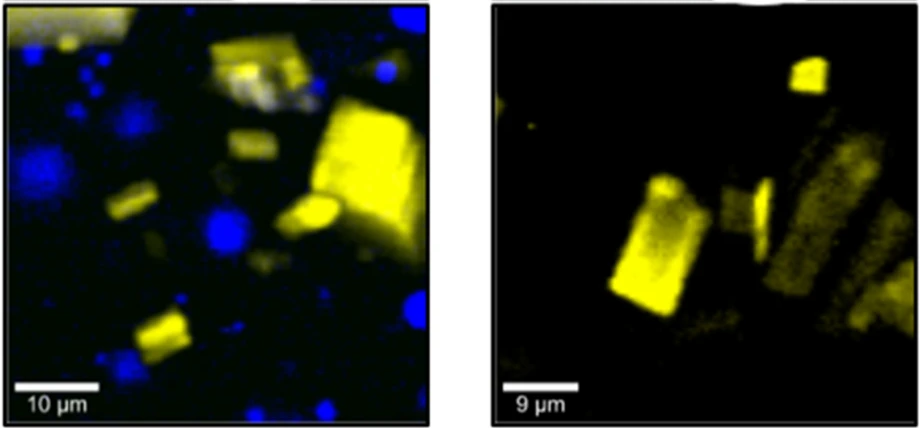How can we help you?
Please get in contact with us to find out more about ECFP and whether we can help you.
We seek applicants (UK or overseas) for a fully funded four-year PhD studentship to study formulation metamorphosis and its impact on the efficacy of topical formulations and medicines starting 2023.
Studies supported by the FDA, and other published reports, have demonstrated that shear induced changes in formulation microstructure (metamorphosis) can impact the bioavailability of drugs. The focus of the project is to characterise the critical changes in formulation microstructure that accompany dispensing and applying a topical formulation on skin. The project will consider variables such as the initial type of formulation (emulsion, gel), viscosity, composition, temperature, and the stresses experienced in dispensing and applying topical medicines. The impact of compositional changes due to evaporation and permeation of components will be investigated in relation to formulation metamorphosis. This project will utilise standard and specialised rheology measurements, light and electron microscopy methods, and a variety of other biophysical techniques to characterise the material properties and performance of formulations undergoing metamorphosis.

The work will be based in the soft matter and biological physics group of School of Physics and Astronomy in the University of Edinburgh; however, the intention is for the project to include collaborations with industry and international regulatory agencies interested in developing a more rigorous understanding of product metamorphosis to improve product performance, support formulation innovation, and better inform regulatory guidance. The applicant will work alongside the Edinburgh Complex Fluids Partnership (ECFP) to engage with external stakeholders and maximise opportunities for Impact.

The applicant should have an upper-second or first-class degree (or its equivalent) in physics, physical chemistry, materials science, or other relevant disciplines; an interest for and aptitude in learning new skills, thinking creatively and working in a multidisciplinary environment will be essential.
The annual stipend is £18,622 for 2023-24, together with full fees and funds for consumables, travel to meet with collaborators, and conference attendance. Initial enquiries should be addressed to Dr Daniel Hodgson (daniel.hodgson@ed.ac.uk) or Professor David Moore (david.moore@ed.ac.uk).
Applications should be submitted online via https://www.ph.ed.ac.uk/studying/postgraduate-research/how-apply by 23 July 2023, specifying ‘Formulation metamorphosis’ under the ‘Research Proposal’ section of the form.
Please get in contact with us to find out more about ECFP and whether we can help you.
ECFP delivers fundamental product insight enabling improved formulation and processing for a more sustainable future.